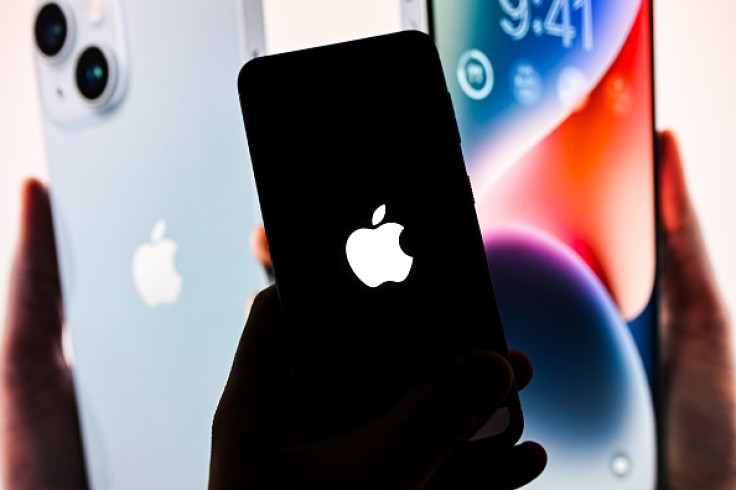Android phones and iPhones are vastly different. While many agree that the iPhone is more prestigious than the two, Android users outnumber iPhone users worldwide due to an Android phone's cost.
However, both phones are smartphones at the end of the day, especially if you're upgrading from an earlier version. The only difference is the features that come with the phone.
There will always be people looking to switch between the two phone types for various reasons - phone quality, features, and even price.

However, is it worth switching from an iPhone to an Android phone? Here's what I found out when I made the switch:
An Android Phone's Charm
The first thing I noticed when deciding which phone I should buy for myself is the value of its features relative to their price. While an iPhone offers some, if not all, the best features you can find in a smartphone, it is often way above the price range my budget can handle.
Meanwhile, an Android phone is as cost-effective as it can get. It offers many advanced features that produce similar results to an iPhone's, if not better, for the price it asks. For example, a Samsung A53 5G features a Hybrid Dual SIM, meaning that I could use the extra slot to place another nano SIM or a memory card to augment the already large 256GB storage the phone has.
On the other hand, an iPhone SE features a nano-SIM slot and eSIM without any possibility of enhancing the phone's internal storage with a memory card. Since I'm looking for a phone I can play video games on and shoot photos and video clips, the Samsung A53 5G has my vote in this area.
For the price tag of a 128GB iPhone SE, I could get a 256GB Samsung Galaxy A53 5G and a few accessories to spice it up. Considering my needs back then, I took the deal and never looked back. Transferring data from my old iPhone to my new Samsung Galaxy A53 is easy, thanks to Samsung's Smart Switch app and a Lightning-to-USB-C cable.
I could transfer my data through Google Drive, but the size of my files makes that method insufficient for my needs.
Read More: Revisiting Heavy Rain - Interactive Drama at Its Best
Using an Android phone for the first time is a surreal experience, to say the least. It's like being liberated from the constraints Apple puts on its iOS devices. I didn't have to worry about storage space when I take photos, and videos, and play video games - I could enjoy it more due to the larger screen the A53 5G provided me.
I could even remove the distractions my phone offers while working using Smasung's Modes and Routines app. While I miss tapping the upper part of my phone's screen to put me back to the top of a website after scrolling so far down, the A53 5G's home and back buttons let me do the same thing - I just need to get used to it.
Last but not least, I could seamlessly transfer the files I have on my computer to my phone without using an app like iTunes.
An iPhone's Strengths
While my experience with an Android phone has been stellar, I do miss many of the features an iPhone alone provides. For instance, Android phones don't have a native feature similar to Apple's AirDrop for quick file sharing between Android devices.
The ability to check the health of my phone's battery is also a crucial feature I sorely miss from iPhones since I'd like to know if I'm taking care of my phone right and when I should replace the phone's battery.
Another thing I miss from iPhones is the ability to use different ringtones for messages and calls to let you know who texted or who's calling without even looking at the phone's screen to see who it is.
The customization level an iPhone provides may be just as good as an Android's, but it's in a "win some, lose some" situation.
Bottomline
As previously mentioned, at the end of the day, an Android phone and an iPhone are both smartphones. The only difference is the features they offer. While these two mobile operating systems have die-hard fans, for the average joe like myself who just wants to have a phone that suits my needs, it all comes down to preference.
For me, Samsung's phone won me over because of its cost-effectiveness and the sense of freedom it provides. However, others may reach a different conclusion than I did.
Who knows, maybe I could switch back to an iPhone again or stick to being an Android user for the long run. But that decision is still far down the road - until I got the most out of my purchase.
Related Article: 5 Android Features That the iOS Still Does Not Have









